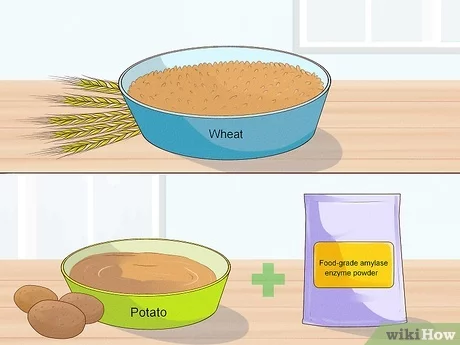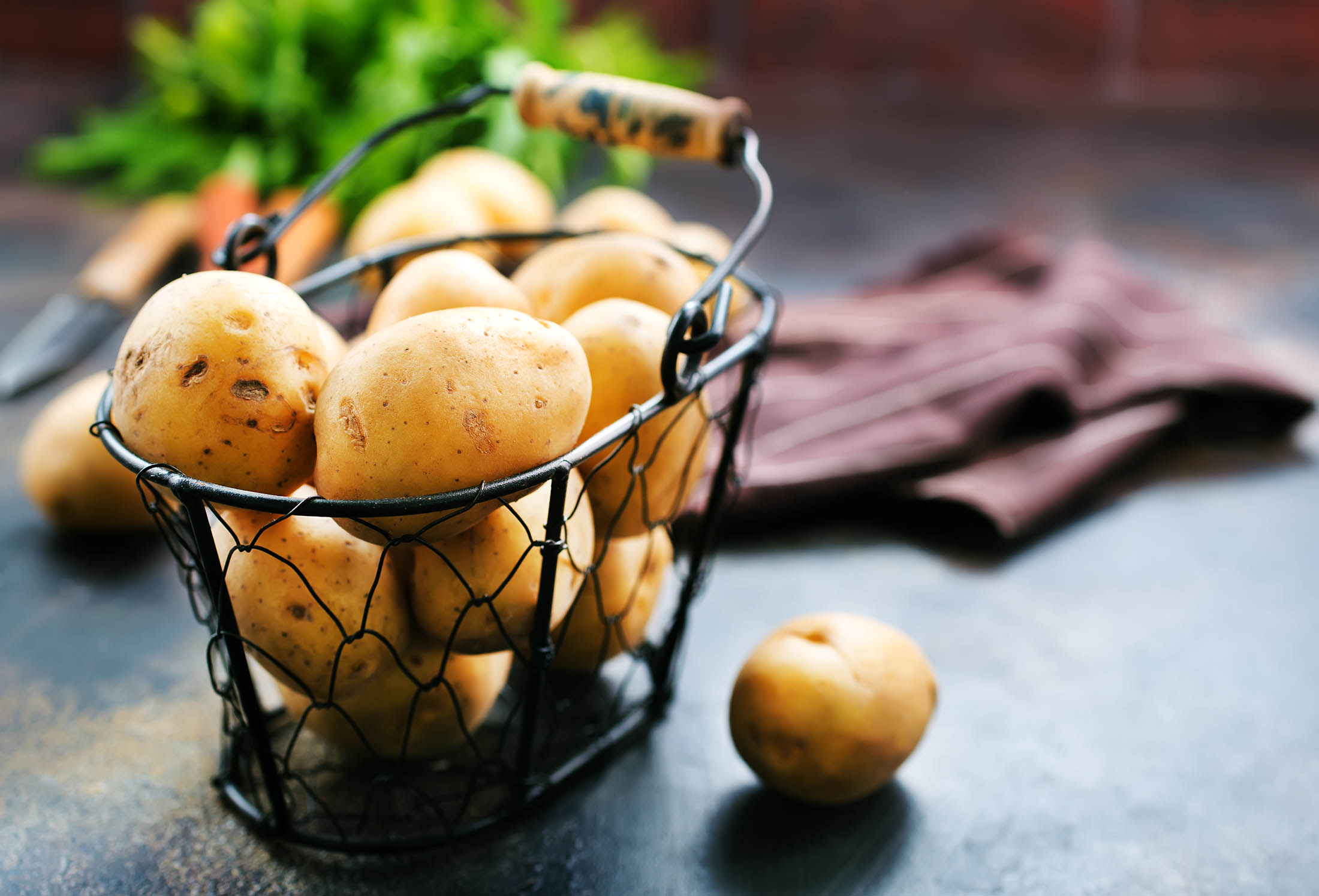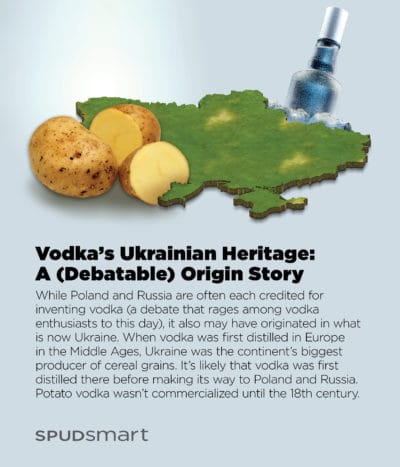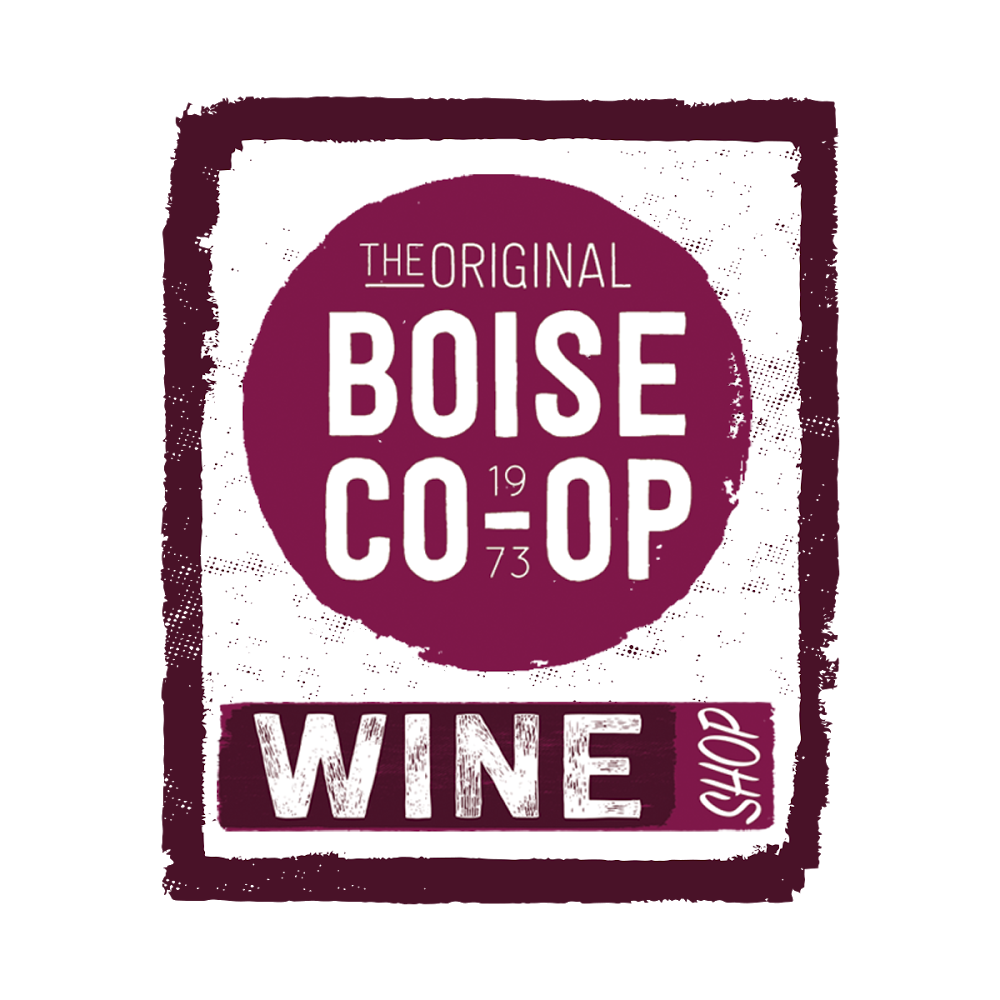Understanding Vodka Production Process

The vodka production process involves several key steps that contribute to the final product. First, the chosen ingredients, whether it be potatoes, grains, or fruits, are mashed and fermented to convert their starches into alcohol. Next, the fermented mixture is distilled, which separates and concentrates the alcohol. Depending on the desired alcohol content, this distillation process may be repeated multiple times. Finally, the vodka is filtered and sometimes treated with additional ingredients for flavor or smoothness. This process ensures that vodka is produced with consistent quality and character, regardless of the source ingredient being used.
Traditional Vs. Modern Methods
Traditional methods of vodka production typically involve mashing and fermenting the chosen ingredients, followed by distillation in copper stills. This process may be repeated multiple times to achieve the desired alcohol content and smoothness. However, modern methods have introduced innovations such as continuous column stills, which allow for more precise control over distillation and result in a more consistent and efficient production process. Additionally, advancements in filtration techniques and the use of high-quality ingredients have further improved the overall quality of vodka. These modern methods have enhanced the production process while maintaining the traditional character and distinct taste of vodka.
Distillation Techniques And Alcohol Content
Distillation is a crucial step in vodka production that involves separating alcohol from impurities. Traditional methods, such as using copper stills, result in a smoother and purer spirit. Modern techniques, like continuous column stills, offer more precise control over distillation, leading to consistency in alcohol content. Vodka is typically distilled multiple times to achieve a high alcohol content, usually ranging from 40% to 50% ABV (Alcohol by Volume). The alcohol content is carefully regulated to ensure a balance between potency and flavor, contributing to the characteristic taste and smoothness of vodka.
Historical Perspective On Vodka Origins

Vodka has a rich history that dates back centuries. Its origins can be traced to Eastern Europe, particularly Russia and Poland. In the early days, vodka was made using traditional methods and ingredients readily available in those regions. This included grains, such as rye, wheat, and barley, as well as potatoes. Over time, the production techniques evolved, and grains became the primary source for vodka. Today, vodka can still be made from a variety of ingredients, but grains remain the most commonly used base. This historical perspective helps us understand the diverse sources of vodka production today.
Origins Of Vodka Production
The origins of vodka production can be traced back to Eastern Europe, particularly Russia and Poland. Vodka has a rich history that dates back centuries, with traditional methods of production evolving over time. In the early days, vodka was made using ingredients readily available in the region, including grains such as rye, wheat, and barley, as well as potatoes. These ingredients were fermented and distilled to create the spirit we now know as vodka. This historical perspective helps us understand the diverse sources of vodka production today, dispelling the myth that vodka is exclusively made from potatoes.
Evolution Of Vodka Ingredients
Over the years, the ingredients used in vodka production have evolved. While traditional vodka was made from grains and potatoes, modern methods have expanded the range of ingredients. Distillers now experiment with fruits, herbs, and even unconventional sources like milk or honey. This evolution has led to the creation of specialty vodkas with unique flavors and characteristics. From grape-based vodkas to those infused with botanicals, the variety of ingredients used in vodka production continues to grow. This innovation ensures that vodka enthusiasts have a diverse range of options to choose from.
Source Of Vodka Production: Debunking The Potato Myth

Contrary to popular belief, vodka is not solely made from potatoes. While it is true that historically some vodkas were produced from potatoes, the majority of vodka today is made using other ingredients. The misconception arises from the fact that potatoes were a common source for vodka in certain regions, particularly in Eastern Europe. However, modern vodka production has expanded to include various grains, such as wheat, rye, and barley, as well as other ingredients like grapes and even milk. So, the next time you enjoy a glass of vodka, know that it could have come from a wide range of sources.
Common Misconceptions About Potatoes
One common misconception is that potatoes are the sole source of vodka production. While it is true that potatoes were historically used to produce vodka in certain regions, the reality is that vodka can be made from a variety of ingredients. Another misconception is that using potatoes as the base ingredient results in a distinct flavor profile for vodka. In truth, the choice of ingredients and the production process can greatly influence the taste and characteristics of vodka, regardless of the source material. So, it is important to debunk the myth that vodka is exclusively made from potatoes.
Clarifying The Primary Sources Of Vodka Production
One of the primary sources of vodka production is grains, which include wheat, rye, corn, and barley. These grains are commonly used in the production of vodka and contribute to its distinct flavor profile. Another source of vodka production is grapes, which are used to create grape-based vodka variations. Additionally, specialty vodkas may use alternative ingredients such as fruits, herbs, or even milk. It is important to note that while potatoes were historically used to produce vodka, they are not the primary source of vodka production in modern times.
Grain As A Primary Source Of Vodka

Grain, particularly wheat and rye, is widely recognized as the primary source of vodka production. These grains provide the base for many traditional and modern vodka recipes due to their neutral flavors. Wheat-based vodka, known for its smooth and subtle taste, is especially popular. Rye-based vodka, on the other hand, carries a slightly spicier flavor profile. Corn and barley are also used to produce grain-based vodkas, adding variety to the range of flavors available to consumers. The use of grains in vodka production ensures a versatile and consistent product that appeals to a wide audience.
Overview Of Grain-based Vodka
Grain-based vodka is one of the most popular varieties in the vodka market. It is produced using grains such as wheat, rye, corn, and barley as the primary ingredient. These grains are fermented and then distilled to create a neutral-tasting spirit. Grain-based vodka is known for its smooth and subtle flavors, making it a versatile choice for various cocktails and mixers. Due to its wide availability and consistent quality, grain-based vodka remains a staple in the industry, appealing to a broad audience of vodka enthusiasts.
Popular Grains Used In Vodka Production
Popular grains commonly used in vodka production include wheat, rye, corn, and barley. These grains are chosen for their high starch content, which can be easily converted into fermentable sugars through the mashing process. Wheat is favored for its light and delicate flavor, while rye adds a spicy and robust characteristic to vodka. Corn produces a smoother and slightly sweet profile, while barley brings a malty note. Each grain imparts its unique taste and texture to the final product, allowing for a wide variety of flavors and options for vodka enthusiasts.
Investigating Other Vodka Sources

Grape-based vodka variations have gained popularity in recent years. These vodkas are made using grapes as the primary ingredient, resulting in a smoother and fruitier taste compared to traditional grain-based vodkas. Additionally, specialty vodkas have emerged that incorporate alternative ingredients such as fruits, herbs, and even dairy products. These unique vodka variations offer a range of flavors and aromas, appealing to adventurous vodka enthusiasts. From grape-based to unconventional ingredients, the world of vodka production continues to evolve, providing endless possibilities for those seeking new and exciting vodka experiences.
Grape-based Vodka Variations
Grape-based vodka variations have gained popularity in recent years. These vodkas are made using grapes as the primary ingredient, resulting in a smoother and fruitier taste compared to traditional grain-based vodkas. Grape-based vodkas are often distilled from grapes that are specifically grown for winemaking, ensuring the highest quality and flavor profile. The use of grapes adds a unique touch to these vodkas, giving them a distinct and refined character. Whether enjoyed straight, on the rocks, or in cocktails, grape-based vodkas offer a delightful and sophisticated drinking experience.
Alternative Ingredients In Specialty Vodkas
Specialty vodkas offer a wide range of unique flavors by incorporating alternative ingredients. In recent years, distillers have experimented with various fruits, herbs, spices, and even vegetables to create distinctive vodka blends. Some popular examples of specialty vodkas include cucumber-infused vodka, chili pepper-infused vodka, and vanilla bean vodka. These alternative ingredients add depth and complexity to the spirit, appealing to those seeking a more adventurous drinking experience. With the ever-expanding market of specialty vodkas, there is no shortage of options for vodka lovers looking to explore different flavor profiles.
Conclusion

In conclusion, the myth that vodka is made exclusively from potatoes has been debunked. While historically, potatoes were used as a primary source for vodka production, modern methods have expanded the use of various grains, including wheat and rye. Understanding the evolution of vodka ingredients reveals the diversity in production techniques. While specialty vodkas may incorporate alternative ingredients such as fruits, herbs, and spices, the majority of vodka available in the market today is grain-based. Therefore, it is important to clarify that vodka is not solely derived from potatoes.
Final Thoughts On Vodka Sources
In conclusion, the myth that vodka is made exclusively from potatoes has been debunked. While historically, potatoes were used as a primary source for vodka production, modern methods have expanded the use of various grains, including wheat and rye. Understanding the evolution of vodka ingredients reveals the diversity in production techniques. While specialty vodkas may incorporate alternative ingredients such as fruits, herbs, and spices, the majority of vodka available in the market today is grain-based. Therefore, it is important to clarify that vodka is not solely derived from potatoes.
Exploring The Diversity Of Vodka Production Techniques
Vodka production techniques have evolved over the years, leading to a diverse range of methods employed by distilleries worldwide. From traditional pot still distillation to modern continuous column stills, each technique imparts its own unique characteristics to the final product. Additionally, variations in fermentation processes, filtration methods, and aging periods contribute to the diversity of vodka production. Distillers employ these techniques to create vodkas with varying flavor profiles, smoothness, and alcohol content. Exploring this diversity allows vodka enthusiasts to discover their preferred styles and appreciate the craftsmanship behind each bottle.
FAQ About “is Vodka Made From Potatoes: Clarifying The Source Of Vodka Production”
Q: Is vodka always made from potatoes?
A: No, while some vodkas are made from potatoes, many vodkas are produced using grains like wheat, corn, or rye.
Q: What types of ingredients are used to make vodka?
A: Vodka can be made from various sources including grains, potatoes, and even fruits like grapes. It depends on the distillation process and the desired flavor profile.
Q: How can I tell if a vodka is made from potatoes?
A: Vodka labels usually specify the base ingredient used in the production process. Look for labels that mention potato-based vodka if that is the desired type.
Q: Are potato-based vodkas different from grain-based vodkas?
A: Potato-based vodkas tend to have a creamier texture and slightly sweeter taste compared to grain-based vodkas. Each type offers a unique flavor profile.
Q: Are there any health differences between potato and grain-based vodkas?
A: Health-wise, there isn’t a significant difference between potato and grain-based vodkas. Moderation is key when consuming any type of alcohol.
Q: Can I make vodka at home using potatoes?
A: Making vodka at home can be illegal and potentially dangerous due to the distillation process. It’s safer and legal to buy vodka from reputable sources.
Q: What should I consider when choosing between potato and grain-based vodkas?
A: When choosing between potato and grain-based vodkas, consider your flavor preferences. Potato vodkas may offer a smoother taste while grain-based vodkas might have a crisper finish.

Boise Co-op Wine Shop is the Treasure Valley’s ultimate destination for wine enthusiasts. With a focus on providing an exceptional selection of wines, our North End Wine Shop and robust wine departments cater to our valued customers’ diverse tastes and preferences. Founded to bring the finest wines to our community, Boise Co-op Wine Shop has established itself as the go-to source for quality and variety. Our commitment to offering an extensive range of wines ensures that every visitor can find the perfect bottle for any occasion, whether it’s a special celebration or a casual gathering.